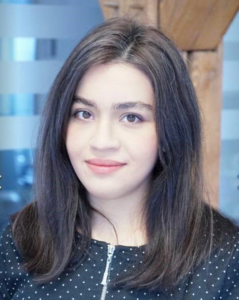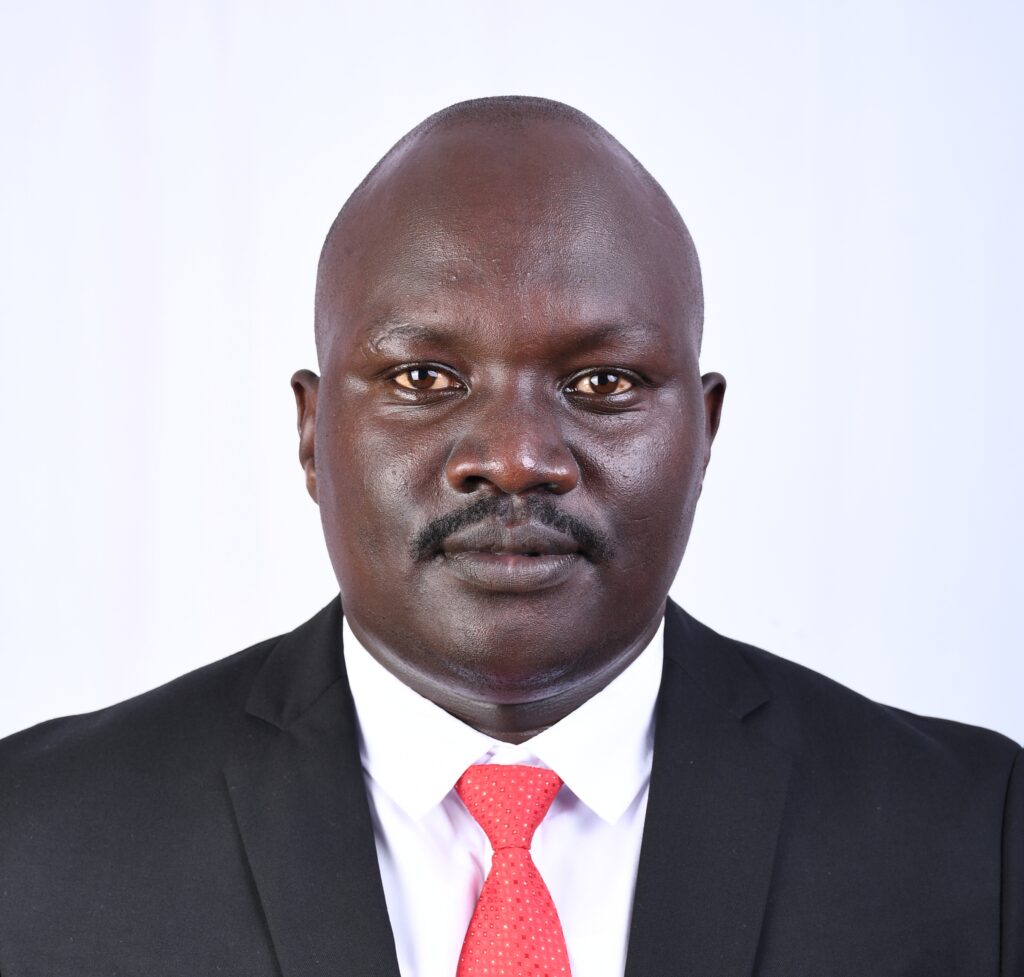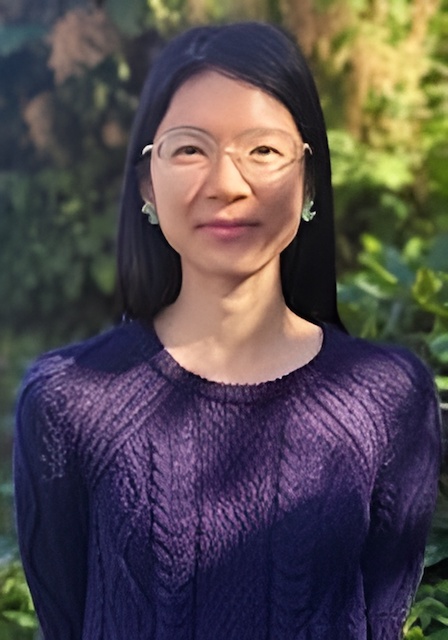
York University scholars Saba Asaad, Stephen Melly and Lynn Yu Ling Ng have been named among this year’s recipients of the prestigious Banting Postdoctoral Fellowship awarded by the Government of Canada.
The fellowship program aims to attract and retain top-tier postdoctoral talent, develop their leadership potential and position them for success as research leaders of tomorrow. Valued at $70,000 per year for two years, it allows ambitious scholars to conduct their research and devote substantial time to work without the financial pressures that might typically arise.
The successful applicants were reviewed against three equally weighted selection criteria: research excellence and leadership in the research domain; quality of the proposed research program; and institutional commitment and demonstrated synergy between the applicant and institutional strategic priorities.
Below are York University's three Banting Postdoctoral Fellows for 2023-24 and their associated projects.
Saba Asaad, Department of Electrical Engineering & Computer Science, Lassonde School of Engineering

Asaad’s research project, titled “Over-the-Air Federated Learning via Benchmark Wireless Network,” develops algorithmic and analytic frameworks to address essential issues arising in the implementation of federated learning (FL) – a sub-field of machine learning that relies on decentralized data – in practical wireless networks. Asaad’s project proposes an alternative method called over-the-air FL which can address those challenges.
“Federated learning was first designed for ideal communication networks," explains Asaad. "However, in realistic edge-learning scenarios, the edge devices [which provide a connection between different networks], connected to the parameter server via wireless links, face several challenges due to uncertain wireless conditions and limited resources.”
Asaad's approach can be leveraged in the development of a large variety of services that deal with the concept of distributed learning.
Stephen Melly, Department of Mechanical Engineering, Lassonde School of Engineering

Melly’s proposed research, titled “Development of the Computational Constitutive Model for Super-soft 4D Bioprinted Materials,” aims to formulate computational models that capture the complex mechanical characteristics of super-soft materials. This research has the potential to enhance the understanding of super-soft materials in 4D bioprinting – which has emerged as a useful tool for biomedical applications such as tissue regeneration – facilitating advancements in the field and the development of reliable and customized artificial tissues that match the specific needs of individual patients.
“Successful design and fabrication of engineered tissues necessitate a comprehensive grasp of the mechanical characteristics of super-soft materials," says Melly. "This guarantees the efficacy of biomedical applications, as differences in mechanical properties between the engineered tissues and the surrounding biological tissues may result in complications like rejection.”
This cutting-edge project helps to meet the growing demand for accurate computational models that describe the complex mechanical behaviours of super-soft tissues.
Lynn Yu Ling Ng, Department of Politics, Faculty of Liberal Arts & Professional Studies

Ng’s project, titled “Care for All is Care that Pulls Us Through,” employs an advanced critical intersectional approach to analyze care work and the presence of distinct forms of structural inequality (e.g. age, race, gender, class, nationality) that influence migrant care workers (MCWs) and their capacity to care for elderly persons. The project’s guiding questions are: how do MCWs make sense of caring for the elderly and for themselves; how do they strive to protect these visions of care; and how can these imaginaries of care be accounted for and integrated into care and labour migration policy?
“Eldercare is rarely framed from the perspective of MCWs beyond the common identity debates of race, gender and class," says Ng. "Neither has much attention been given to their rich migratory experiences and expert knowledge of care work.”
The results of this project are expected to provide a valuable source of information for policy development in the field of eldercare.
For more information about the fellowship and how to apply, visit the Banting Postdoctoral Fellowship competition web page.
